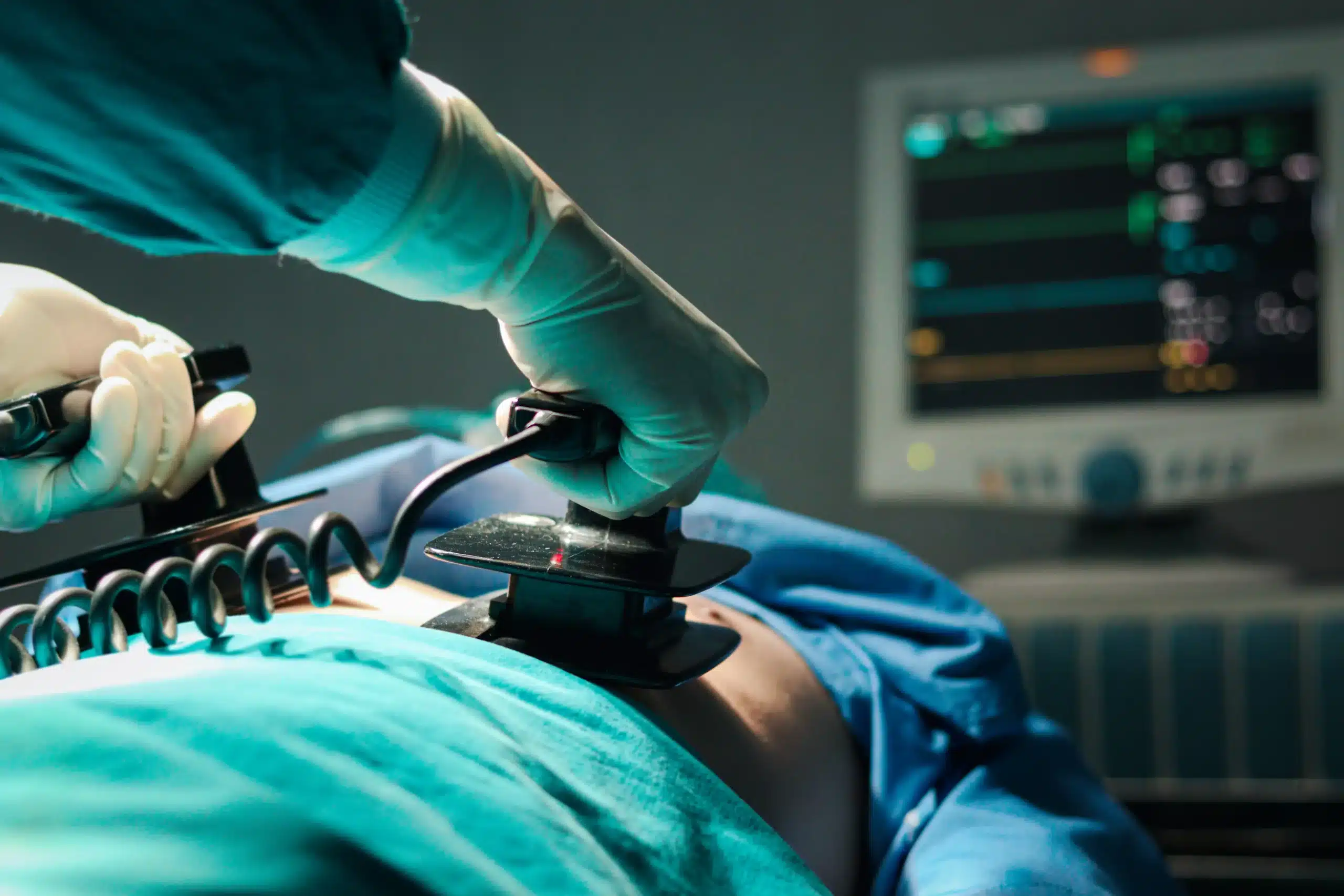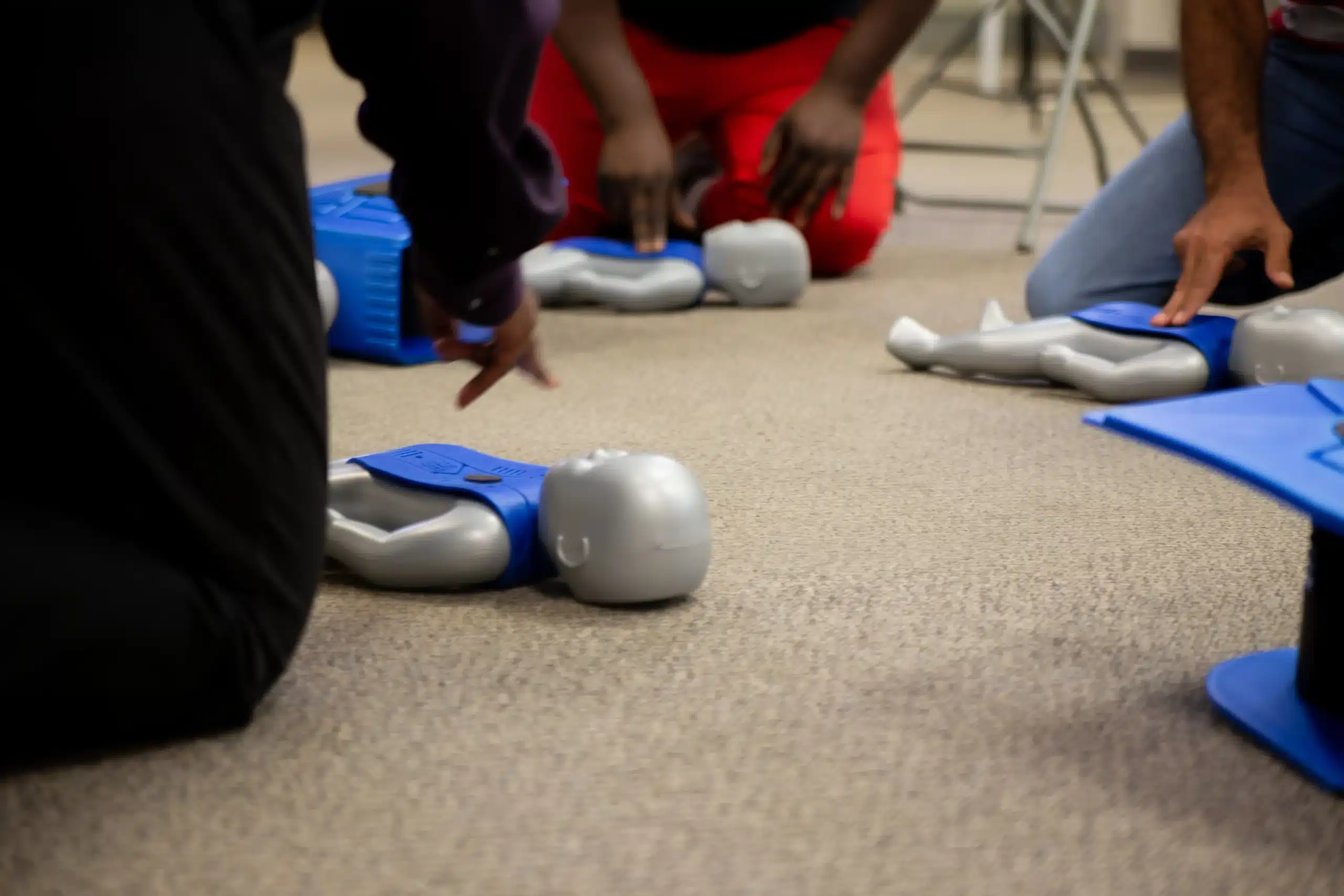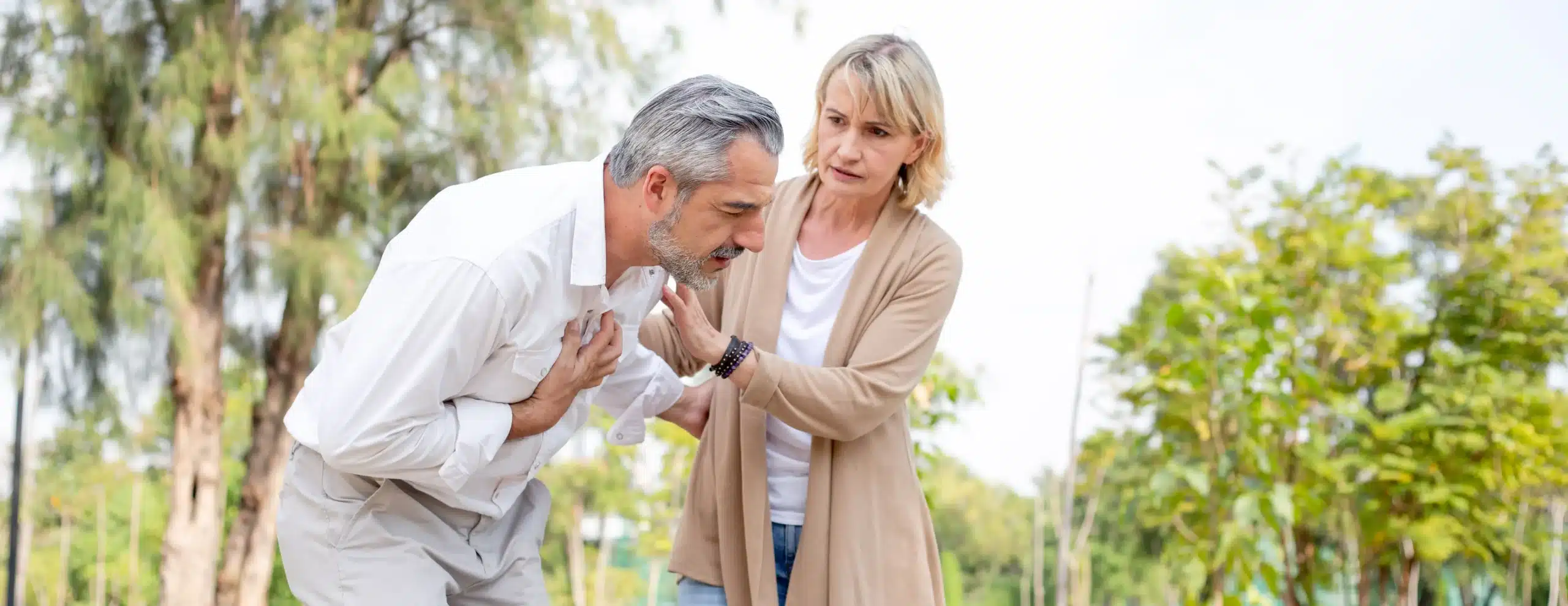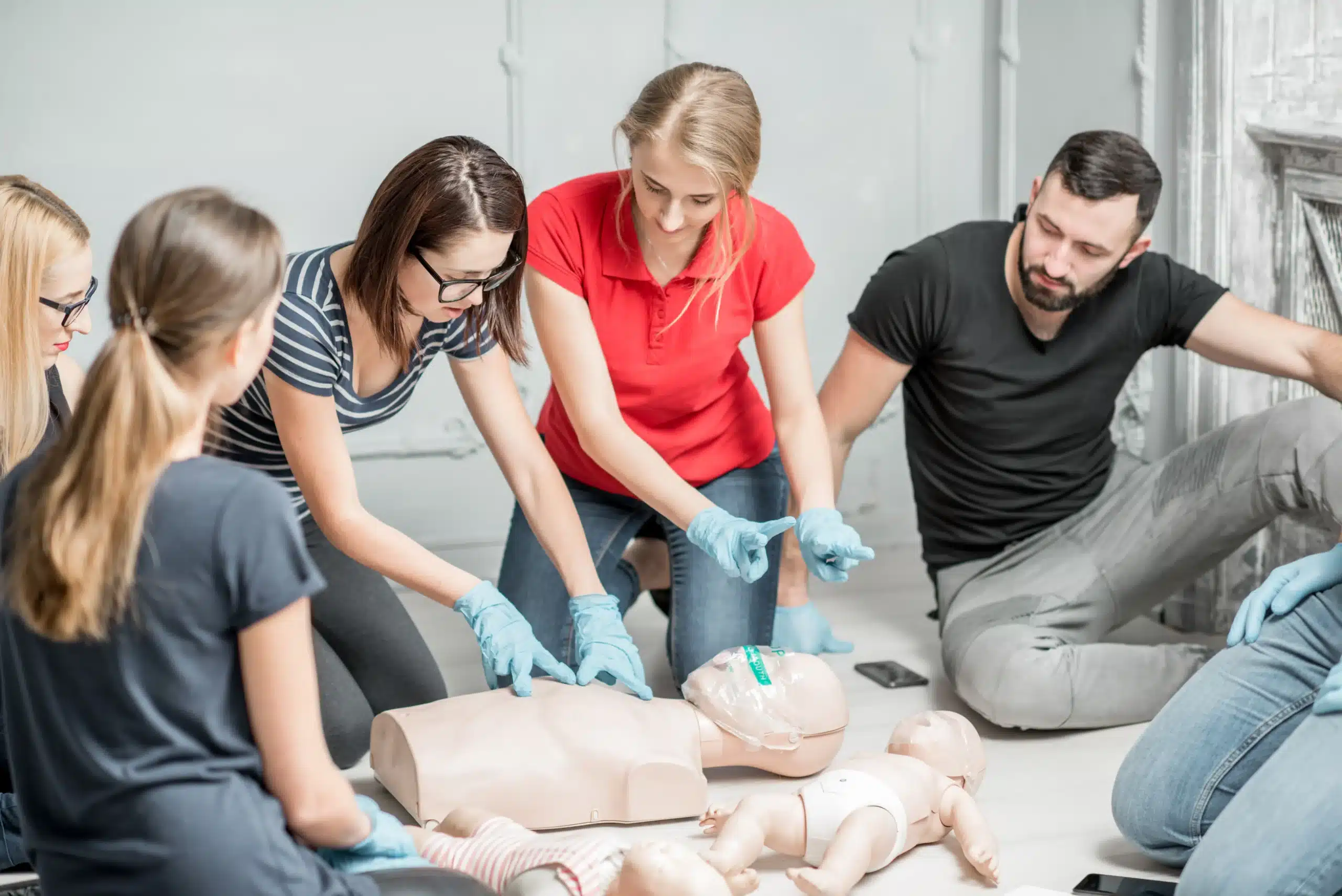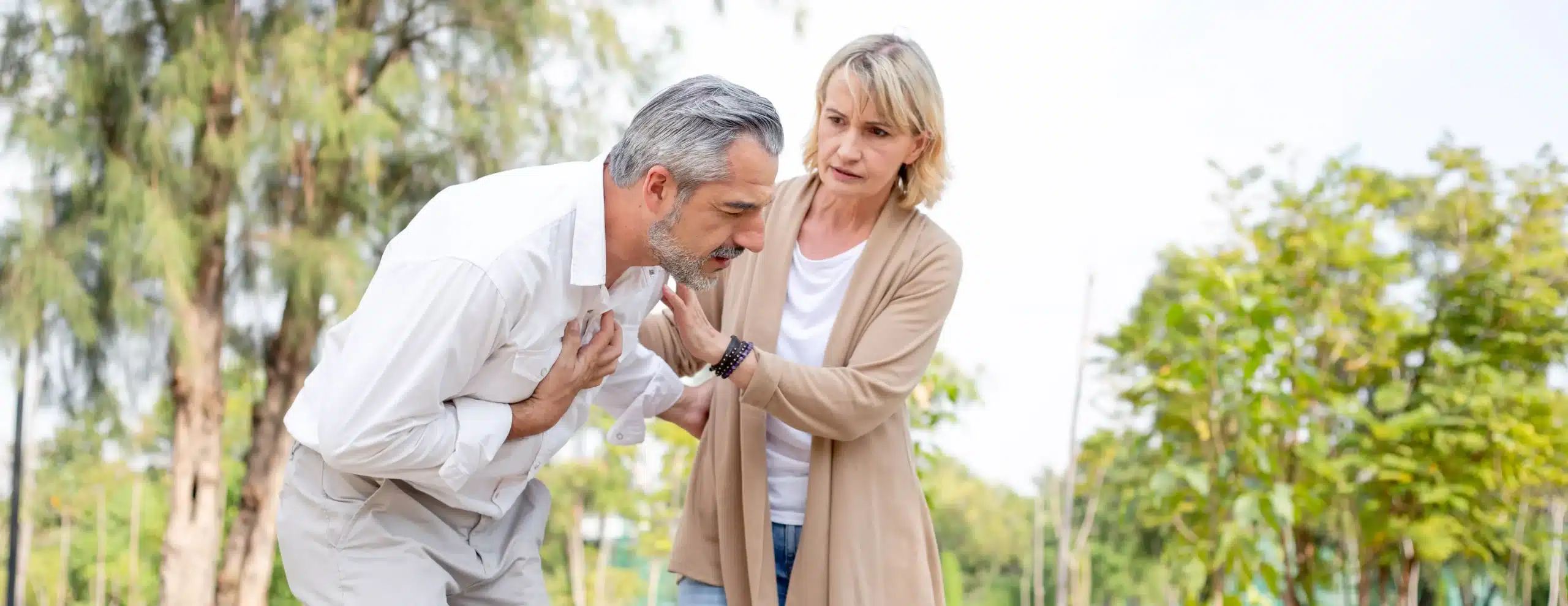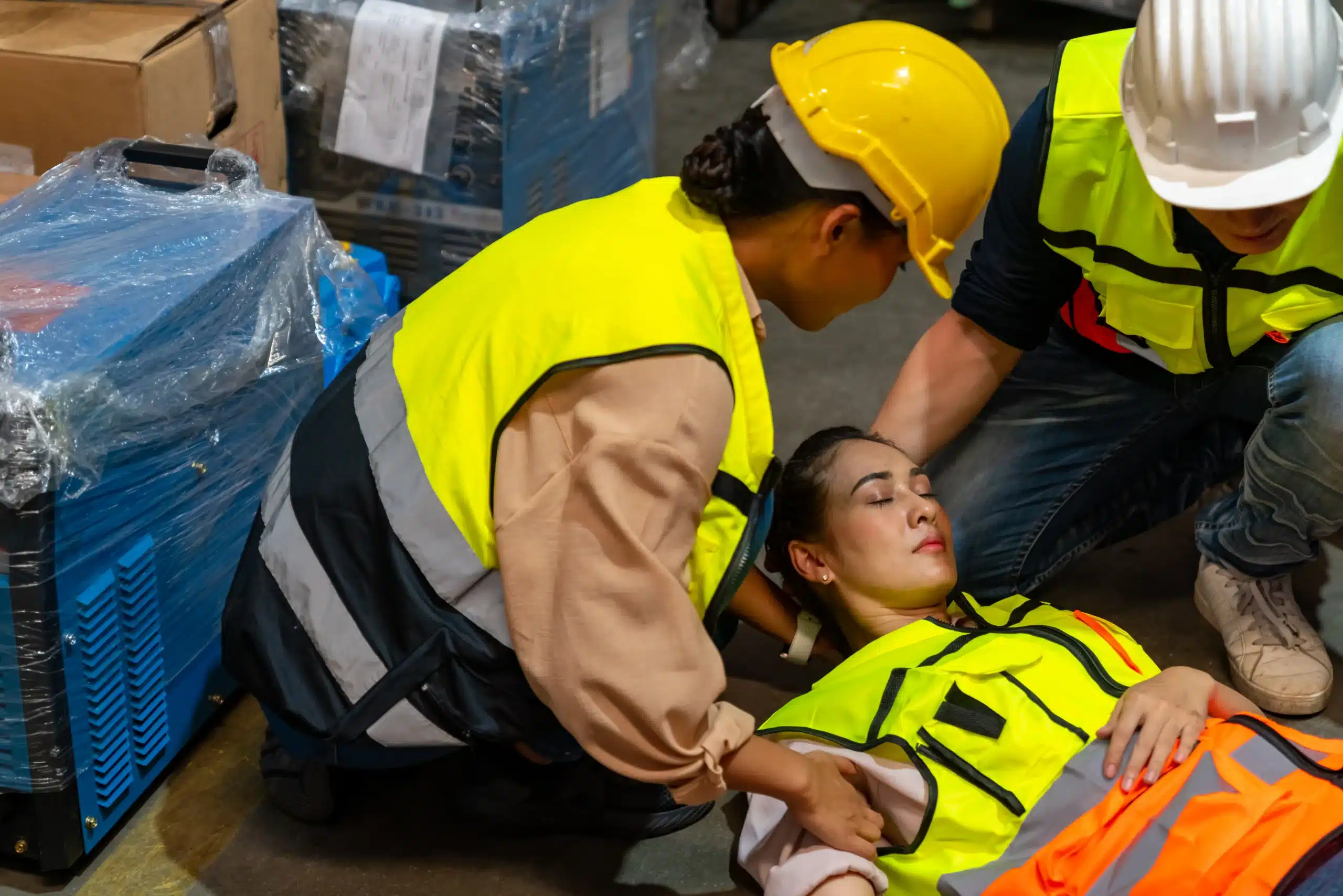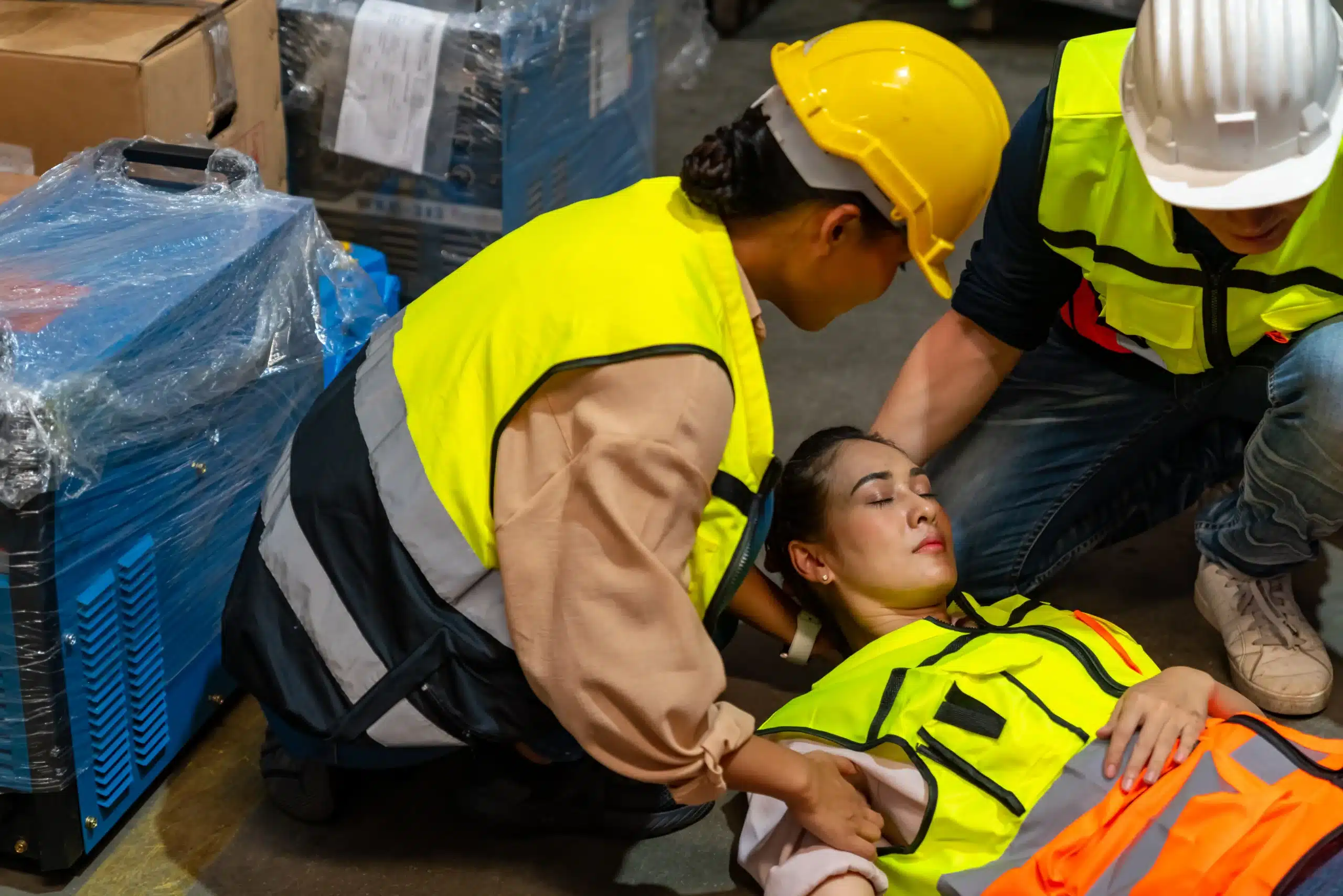Working in healthcare means you’re on the front lines of saving lives. But even heroes need refreshers. If your BLS certification is nearing its expiration date and you’re searching for “BLS recertification near me,” this guide is your go-to resource. We’ll cover everything from the importance of staying current with your BLS skills to navigating the different recertification options available. Whether you’re a seasoned healthcare professional or new to the field, we’ll help you find the right course, understand the requirements, and prepare for your recertification with confidence.
Key Takeaways
- Maintain your BLS skills: Recertification keeps your lifesaving skills sharp and ensures you’re up-to-date on the latest guidelines. Find a course that fits your schedule and learning preferences.
- Choose a reputable provider: Look for accreditation, qualified instructors, and updated materials when selecting a recertification course. Consider student reviews and cost.
- Prepare for your course: Reviewing current guidelines and practicing essential BLS techniques will boost your confidence and ensure a smooth recertification process.
What is BLS Recertification?
BLS Recertification is a refresher course for healthcare providers who need to renew their Basic Life Support (BLS) skills and credentials. It covers core life-saving techniques like CPR, recognizing and responding to life-threatening emergencies, using an AED, and relieving choking. If your certification is close to expiring and you’re searching for “BLS recertification near me,” you’ll want a course that’s convenient, affordable, and provides high-quality training. At Berkeley CPR Classes, we offer BLS certification and recertification courses designed to meet these needs. We also offer discount group classes for workplaces looking to recertify multiple staff members.
Why Stay Current?
Staying current with your BLS certification is critical. It ensures you have the most up-to-date knowledge and skills to provide effective care during emergencies. Medical guidelines and best practices evolve, and recertification keeps you informed of the latest changes. Maintaining a valid BLS certification is often a job requirement in healthcare. It demonstrates your commitment to providing excellent patient care and meeting professional standards. Plus, having confidence in your abilities can make a real difference in a stressful emergency. Regular recertification training reinforces your skills and builds confidence. Our low price guarantee ensures you’re getting the best possible value for your training.
How Often Should You Recertify?
AHA BLS certification is typically valid for two years. You can renew your certification up to 30 days after it expires without retaking the entire course. It’s best to complete your BLS recertification before it expires to avoid gaps in your credentials. Check with your employer or professional organization for specific requirements, as some may have stricter policies. We offer RQI classes for those needing a flexible recertification option.
Find BLS Recertification Providers Near You
Finding the right BLS recertification provider can feel overwhelming, but it doesn’t have to be. Several respected organizations offer recertification courses, each with its own approach. Here’s a rundown of some popular options to help you find the best fit.
American Heart Association
The American Heart Association (AHA) is a leading authority in CPR training and offers a few ways to renew your BLS certification, including convenient online courses and traditional in-person classes. The AHA’s reputation for high-quality training makes them a popular choice for healthcare professionals.
American Red Cross
The American Red Cross also provides BLS renewal and recertification courses designed to keep healthcare professionals’ skills sharp. They offer a blended learning approach, combining online learning with in-person skills sessions. This flexibility can be a great option for busy schedules.
National CPR Foundation
If you’re looking for a fully online option, the National CPR Foundation offers BLS recertification for healthcare providers. Their online course can be completed quickly, making it a convenient choice for those needing to renew their certification efficiently.
ProTrainings
ProTrainings offers a range of online courses for BLS recertification. They focus on providing accessible and affordable training options, making them a good choice for those looking for budget-friendly solutions.
American Safety & Health Institute (ASHI)
The American Safety & Health Institute (ASHI) provides BLS courses that meet current guidelines. They offer both online and in-person training options, giving you the flexibility to choose the format that works best for you.
Berkeley CPR Classes
For those in the Berkeley area, Berkeley CPR Classes offers AHA-certified BLS courses, including recertification. Serving Alameda, Oakland, and Berkeley, they offer a convenient option for local residents. They’re known for their commitment to customer service and offer discount group classes and a low price guarantee.
Course Formats & Time Commitment
When it comes to BLS recertification, you have several options depending on your learning style and schedule. Let’s break down the most common course formats and what you can expect in terms of time commitment.
In-Person Classes
In-person BLS recertification classes offer hands-on training and direct interaction with instructors. This format allows for immediate feedback and the opportunity to practice skills in a real-time setting. For many, the in-person experience is ideal for mastering essential techniques and asking questions as they arise. Berkeley CPR Classes offers in-person training, making it convenient for those in the Alameda, Oakland, and Berkeley areas. These classes are a popular choice for those who thrive in a structured, interactive learning environment. The American Heart Association also acknowledges the effectiveness of in-person learning in their BLS resources.
Online Courses
Online BLS recertification courses provide a flexible alternative for those with busy schedules or who prefer to learn at their own pace. You can complete the coursework from anywhere with an internet connection, pausing and reviewing material as needed. Providers like ACLS Medical Training offer fully online recertification, covering all the required material. This format is particularly appealing for those juggling work, family, or other commitments.
Blended Learning
Blended learning combines the best of both worlds. You’ll typically complete the theoretical portion of the course online, followed by an in-person skills session. This approach allows you to learn the material at your own speed and then demonstrate your proficiency under the guidance of an instructor. Blended learning offers a comprehensive approach, ensuring you grasp both the knowledge and practical application of BLS techniques. For more information on blended learning and other BLS course options in Berkeley, check out this helpful guide.
How Long Do Courses Take?
The time commitment for BLS recertification varies depending on the format and provider. Online courses can often be completed in as little as an hour, as highlighted by ACLS Medical Training’s online renewal option. Blended learning courses may require a bit more time due to the in-person skills session. In-person courses typically take a few hours to complete, allowing for ample practice and interaction with the instructor. When choosing a course, consider your available time and preferred learning style to find the best fit.
Cost & Value
Getting recertified in BLS doesn’t have to break the bank. Understanding typical price ranges, available discounts, and how to balance cost with quality will help you make an informed decision.
Typical Prices
BLS recertification courses typically range from $70 to $120, depending on the training provider, location, and course format. For example, providers like Berkeley CPR Classes offer BLS courses for around $120, which includes online coursework, the skills test, and your certification card. Remember that prices can vary, so check with your chosen provider for their most up-to-date pricing.
Discounts & Promotions
Many training centers offer discounts and promotions. Keep an eye out for special offers for healthcare workers, students, or group registrations. Websites like American BLS+ often list current promo codes. For instance, the code CPRBLS might get you a discount on a CPR/BLS course. Ask your chosen provider about any ongoing discounts.
Group Rates
If you’re recertifying with colleagues or friends, consider taking advantage of group discounts. Many providers, including Tracy CPR Classes, offer reduced rates for group registrations, making training more affordable. Contact providers directly to inquire about group rates and minimum participant requirements.
Balancing Cost & Quality
While cost is a factor, don’t compromise on the quality of your training. Choosing a BLS renewal course requires careful consideration. Evaluate factors like your learning preferences (online or in-person), the provider’s reputation (AHA certification is important), and course costs. Be mindful of extra fees and explore group discounts. A high-quality course from a reputable provider, especially one offering American Heart Association certified courses, is a worthwhile investment. This ensures your training meets the highest standards and provides you with the skills to confidently respond to emergencies.
Prerequisites & Course Requirements
Before signing up for your BLS recertification course, it’s helpful to understand the requirements. Knowing what to expect streamlines the process and sets you up for success.
Certification Status
You’ll need a current BLS provider card from a recognized organization like the American Heart Association or the American Red Cross, or one that’s expired within the last 30 days. This confirms you have a foundation in BLS and are ready to refresh your skills. Check with your chosen provider to confirm their specific requirements. For example, the American Red Cross offers clear guidelines on BLS renewal and recertification.
Required Documents
Have your current or expired BLS certification card ready when you enroll. This allows the provider to verify your previous training. Most courses handle the certification card processing after you complete the course, so you’ll receive a new card reflecting your updated credentials.
Pre-Course Assessments
While not always mandatory, reviewing the course material before your recertification is a smart move. BLS guidelines and best practices can change, so brushing up on the latest information will help you ace the assessment. This preparation can prevent any surprises during the recertification process. For more tips, check out this article on common pitfalls in BLS recertification.
Equipment for Online Courses
If you’re opting for the convenience of an online BLS recertification course, rest assured that the necessary study materials are usually included with your course purchase. This digital format allows you to learn at your own pace and review the material whenever it’s convenient. ACLS Medical Training offers more details on online BLS recertification.
Choose the Right Provider
Finding the right BLS recertification provider is key to a smooth and valuable learning experience. Here’s what to consider:
Accreditation & Credentials
First things first, confirm your provider’s accreditation. Look for reputable organizations like the American Heart Association (AHA), which sets the standard for high-quality CPR training. AHA-accredited providers ensure your certification is widely recognized and respected. The AHA offers various renewal options, including online courses and in-person classes, so you can choose the format that suits you.
Instructor Qualifications
Experienced instructors make all the difference. Check that your course instructors hold the necessary certifications and have a solid background in teaching BLS. A knowledgeable instructor can answer your questions, provide helpful feedback, and create a supportive learning environment. This hands-on guidance is essential for mastering the skills you need to perform BLS effectively.
Course Materials & Resources
Up-to-date materials are crucial for staying current with the latest BLS guidelines. Make sure the course includes resources that align with current practices. Some providers offer comprehensive online resources that cover all the essential material. Having access to these resources can reinforce your learning and serve as a handy reference after you complete the course. For example, ACLS Medical Training offers robust online resources for their students.
Student Reviews
Word-of-mouth is powerful. Take a look at student reviews and testimonials to gauge the provider’s reputation. Reviews can offer valuable insights into the quality of instruction, course materials, and overall learning experience. Reading reviews can give you a sense of what to expect and help you make an informed decision. For example, Berkeley CPR Classes boasts a 4.9-star rating with numerous reviews, reflecting a high level of student satisfaction.
Prepare for Your BLS Recertification
Getting ready for your BLS recertification doesn’t have to be stressful. With a little preparation, you can walk into class feeling confident and ready to refresh your lifesaving skills. Here’s what you should do:
Review Current Guidelines
BLS guidelines are updated periodically to reflect the latest scientific evidence and best practices. Before your recertification course, take some time to review the current guidelines from the American Heart Association. Knowing these updates is key to passing your recertification exam. Changes might include anything from chest compression techniques to the proper use of an AED.
Practice Techniques
Hands-on skills are at the heart of BLS. Practice makes perfect, so refresh your memory on essential techniques like chest compressions, rescue breaths, and using an AED. You can practice on a CPR manikin if you have access to one, or even visualize the steps to solidify your understanding. Regular practice will help you feel more comfortable and prepared during the recertification course.
What to Bring to Class
Most recertification courses require you to bring a few essential items. This typically includes your current BLS provider card and a government-issued photo ID. Some providers also recommend bringing a pen and notepad for taking notes. Check with your chosen provider to confirm their specific requirements. Comfortable clothing is also a good idea, as you’ll be actively participating in demonstrations and practice scenarios.
After Certification
Once you’ve successfully completed your BLS recertification course, you’ll receive a new provider card. This card is typically valid for two years. Keep your card in a safe place and make a note of the expiration date so you can plan for your next renewal. Some providers offer digital copies of your card for easy access, which can be especially helpful if you need to show proof of certification quickly.
Related Articles
- AHA BLS Recertification Near Me: A Complete Guide – Berkeley CPR Classes
- BLS Renewal in Berkeley: Your Go-To Guide – Berkeley CPR Classes
- BLS Certification in Berkeley: Your Comprehensive Guide – Berkeley CPR Classes
- BLS Courses in Berkeley: The Ultimate Guide – Berkeley CPR Classes
- BLS Renewal in Oakland: Your Guide – Berkeley CPR Classes
Frequently Asked Questions
Why is BLS recertification important? It keeps your skills sharp and ensures you’re up-to-date on the latest life-saving techniques. Plus, maintaining a valid certification is often a job requirement in healthcare and demonstrates your commitment to patient care.
How often do I need to recertify my BLS certification? Generally, BLS certification is valid for two years. It’s recommended to recertify before your current certification expires to avoid any gaps in your credentials.
What are my options for BLS recertification courses? You have several choices: in-person classes, online courses, or blended learning (a mix of online and in-person). Each format has its own advantages, so consider your learning style and schedule when deciding.
How much does BLS recertification cost? Costs typically range from $70 to $120, depending on the provider, location, and course format. Look for discounts, group rates, or promotions that can help make the training more affordable.
What do I need to bring to my BLS recertification course? Usually, you’ll need your current BLS provider card (or one that’s recently expired), a government-issued photo ID, and something to take notes with. Comfortable clothing is also a good idea. Always check with your specific provider for their requirements.


